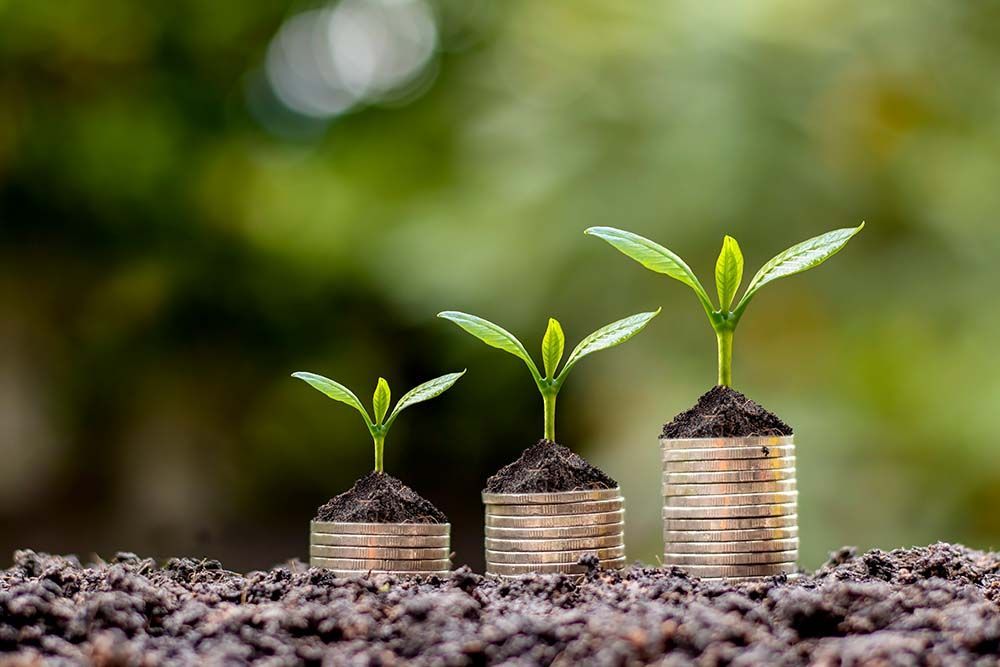FANRPAN Launches Ambitious 10‑Year Plan to Transform African Agriculture


Quidah is an online platform that connects investors with curated opportunities and expert insights on Africa’s emerging markets, while offering businesses promotional services, partnership facilitation, and market intelligence to attract capital and grow their operations.
Industries
The Food, Agriculture and Natural Resources Policy Analysis Network (FANRPAN) has unveiled a bold new strategic plan spanning 2025 to 2035, aimed at driving inclusive, climate-resilient transformation across Africa's agricultural systems. This roadmap seeks to tap into the continent’s vast potential—home to 60% of the world's uncultivated arable land yet contributing only 4% to global agricultural output.
Key pillars of the plan focus on evidence-based policy research, knowledge-sharing and advocacy, and capacity-building at both institutional and grassroots levels. The agenda targets critical challenges such as food insecurity, unhealthy diets, climate vulnerability, unsustainable resource use, and unequal access to markets for women and youth.
Africa faces acute barriers: climate change is disrupting rainfall patterns, smallholder farmers often lack capital and training, infrastructure gaps impede market access, and food loss rates remain alarmingly high. Recognizing these hurdles, FANRPAN is calling for strengthened investment in climate-smart technologies, farmer-centered support, public‑private collaboration, regional cooperation, and enabling policies. Immediate funding needs include closing a staggering annual gap for climate adaptation—estimated at over $100 billion continent-wide—and scaling up resilient irrigation, storage, and soil regeneration systems.

For the private sector and investors, the plan opens a wealth of opportunities. Renewable-tech firms, agri-input providers, irrigation and storage infrastructure companies, and fintech platforms offering tailored loans to small-scale farmers are all well-positioned to contribute to and benefit from this transformation. Value chain development programs—especially those linking youth and women to markets—can leverage grants and blended finance schemes to scale quickly.
Agriculture innovation initiatives such as the Global Agriculture and Food Security Program (GAFSP) have already mobilized significant grant funding, demonstrating the appetite for investor-backed, impact-driven projects. Meanwhile, African Union-led continental action under the CAADP framework offers a stable policy backdrop aligned with goals of export growth, reduced waste, and agricultural modernization.
FANRPAN's ten-year plan brings together government, donors, agribusiness and NGOs around a shared vision: equipping farmers with resilient techniques and market access, modernizing infrastructures, and driving inclusive growth. With coordinated effort, Africa could not only feed its growing population but become a major global supplier of climate-smart, value-added agricultural goods. The time to invest is now.


